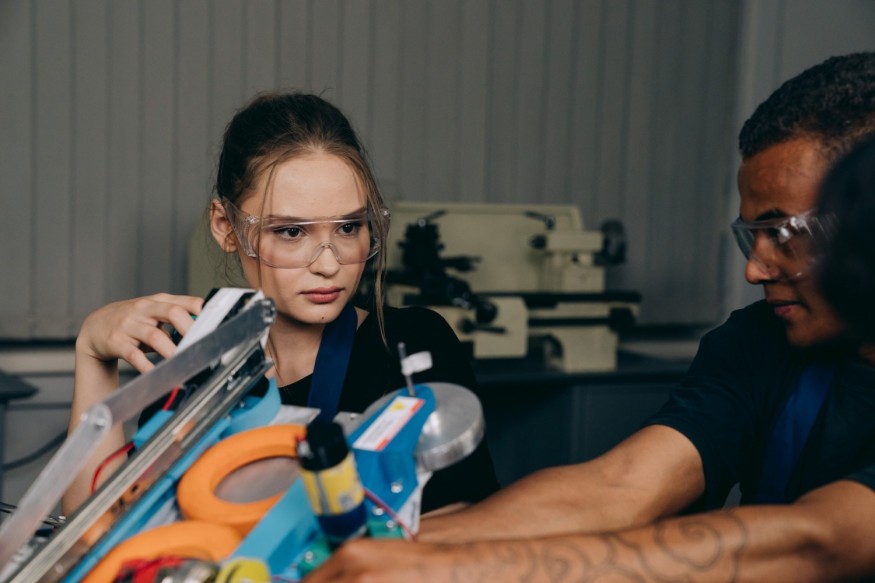
If you're considering pursuing an applied science degree, it's important to know exactly what this route entails.
Rather than make an uninformed choice, stick with us as we clarify this concept, highlight distinguishing factors that stand it apart from traditional degrees, provide tips on selecting programs, go over skills you need to develop for success, and touch on careers you can get into with an applied science degree.
Understanding the Concept of an Applied Science Degree
So what exactly is an applied science degree? Simply put, it's a course of study that emphasizes practical application as opposed to theoretical knowledge.
Typically, this type of degree prepares students for specific careers by offering targeted training and hands-on experience in fields like engineering, healthcare, and computer technology. Courses are usually designed to unpick industry trends and requirements.
Key Differences: Traditional Degrees vs Applied Science Degrees
The primary difference between a traditional degree and an applied science degree lies in their approach to teaching.
Traditional degrees often focus on broad, theoretical foundations of a subject, such as literature analysis in English or fundamental theories in Physics, for example.
On the other hand, applied science degrees are geared towards specific skills related to particular occupations. With this goal-oriented approach aimed at direct professional application, students learn how to use existing theories practically within real-world contexts and jobs.
Choosing an Applied Science Degree Program
Searching for the right applied science degree program can seem daunting, especially due to the wealth of options available. For instance, online applied science degree programs have become particularly appealing due to their flexibility and convenience.
Before making a decision, consider factors such as your career goals, curriculum relevance, faculty expertise, accreditation status of the institution, and opportunities for practical experience or internships.
Also, reach out to professionals in your chosen field, or to current students enrolled in these online programs, to gain first-hand insights before committing.
Essential Skills to Develop While Pursuing an Applied Science Degree
While academics are critical in any applied science degree program, it's equally important to develop certain soft and hard skills:
Problem-solving: Given the practical nature of these degrees, you will often find yourself handling real-world issues. Your ability to think critically and make insightful decisions will be invaluable.
Technical competence: As most applied science programs are industry-specific, being adept at utilizing current tools and technologies related to your field is vital.
Communication: Whether you're working in a lab or interacting with clients directly, clear and concise communication skills can ensure successful collaboration.
Project management: In many careers that follow an applied science degree path, project management becomes essential. Learning how to handle multiple assignments efficiently under deadlines could put you ahead in the race.
These aren't just learned attributes but rather skillsets nurtured over time through consistent practice, so don't expect to master them all at once, or worry too much if you don't have them innately.
Potential Career Paths After Graduating with an Applied Science Degree
An applied science degree is a golden ticket to many diverse and fulfilling careers. Here are some potential career paths you could consider:
Healthcare professional: Many graduates find rewarding opportunities in healthcare fields such as nursing, radiology, or physical therapy.
Technician or technologist roles: These can range from biomedical technicians working in laboratories to computer network architects designing complex data communication networks.
Engineering professional: Some individuals may pursue further specialization through engineering jobs in civil, electrical, or mechanical domains.
Leadership positions: With enough industry experience, applied science degree holders can ascend into managerial or executive roles within their chosen fields.
Please note these represent just a handful of the possible avenues open to you with this versatile degree, and the true extent of the possibilities is almost endless!
Final Thoughts
If you'd rather delve into a practical degree as opposed to a purely theoretical one, applied sciences could be for you. It's just a case of picking a niche that ignites your passions and matches your long term goals.
© 2026 ScienceTimes.com All rights reserved. Do not reproduce without permission. The window to the world of Science Times.












